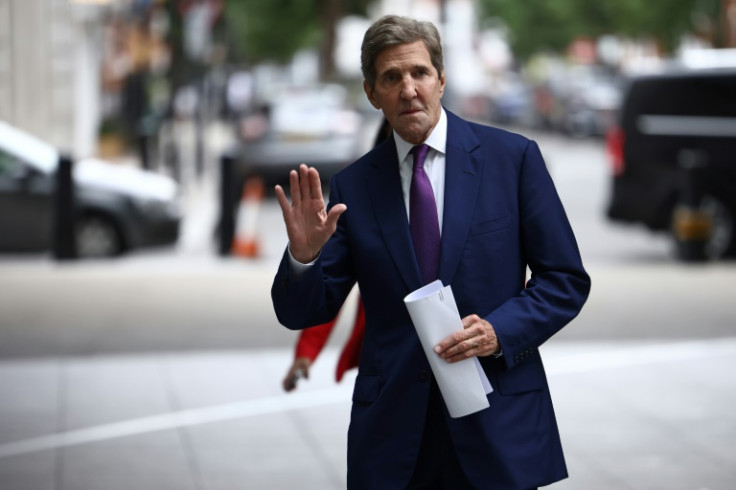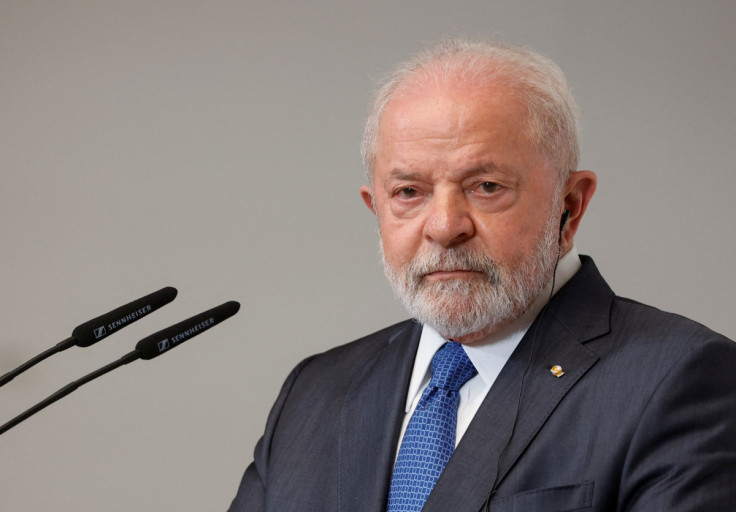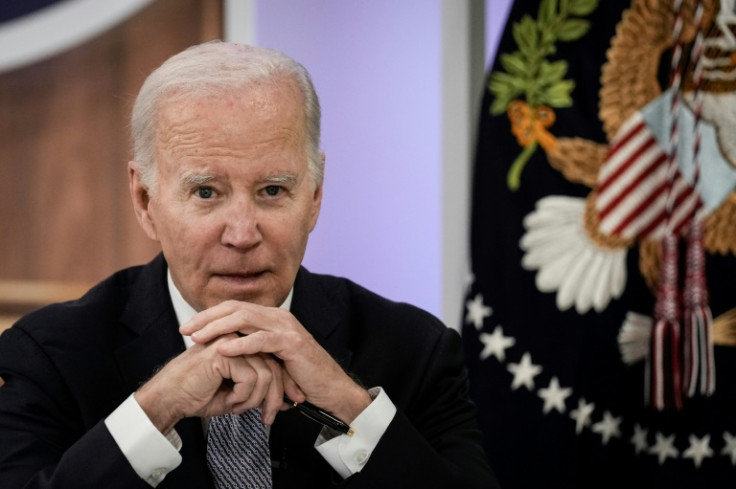
The 2023 United Nations Climate Change Conference, COP28 (the 28th "Conference of the Parties"), commences this Thursday in Dubai.
With the announcement of numerous significant initiatives pertaining to green and renewable energy, this pivotal annual climate conference is set to influence the immediate future of global energy markets.
Renewable Energy And Climate Finance On The Table

Nuclear energy will be a focal point of the summit. The US will join five countries in signing a pledge to triple nuclear fission capacity by 2050, as reported earlier this month, in addition to unveiling a strategy for commercializing and regulating nuclear fusion.
Also expected at COP28 is a call for the world to triple its renewable energy capacity by 2030—an idea supported by the summit's president, UAE Minister of Industry Dr. Sultan Ahmed al-Jaber.
There will be a continued push for increasing the scope and accessibility of climate finance for developing nations at this year's summit. Small island states, in particular, have led recent calls for dramatically expanding international equity and lending for renewable energy systems and disaster relief mechanisms in lower-income countries.

Brazil will also reportedly take a leading role at COP28, the first UN climate summit to be held since President Luiz Inácio Lula da Silva took office in January. In an effort to combat deforestation, Brazil will introduce a global financing framework for tropical forests that would compensate individuals who help preserve forest areas, as environment minister Marina Silva told the press on Monday.
Tropical rainforests like the Amazon, which Brazil is home to 60% of, act as a carbon sink by capturing atmospheric CO2, but have suffered from intense deforestation rates in the industrial era.
The Dinosaur In The Room
As was the case in 2022's COP27 in Sharm El-Sheik, Egypt, representatives of every major oil and gas company will be present at COP28, a source of criticism.
On Monday, the BBC reported that the UAE plans to use the summit as an opportunity to secure new investments in oil and gas—a claim that Emirati officials did not contend.
Dr Jaber, the official host of COP28, also serves as CEO of Adnoc, the UAE's state-run oil and gas company, as well as chairman of state renewable energy firm Masdar.
Continually growing global investment in fossil fuel-based energy systems will be a focal point of the summit, as will carbon emission reduction commitments. COP27 in Egypt received backlash from experts for nations' unwillingness to commit to additional emissions reduction measures.
The IEA predicts that the target of 1.5 degrees Celsius of global warming relative to industrial levels will be exceeded is new investments in oil and gas continue to be made.
While prior years' UN climate change conferences have served as the site for large-scale pro-environmental protests, 2023's meeting will likely proceed without incident—protests and demonstrations of any kind are prohibited in the UAE, according to the U.S. State Department.
Biden's Last Chance On The World Stage?
US domestic politics hang over this year's climate conference, as COP28 may be the Biden Administration's final opportunity to participate in major multilateral climate talks.

COP29 in 2024 will take place after the US presidential election. If President Biden loses reelection—which recent polling suggests is more likely than not—his successor is certain to substantially alter US climate and energy strategy.
The U.S. has a history of reneging on international commitments following a change in executive, the most relevant recent example being when former president Donald Trump formally withdrew from the Paris Agreement in 2019. The Biden Administration rejoined the accords in 2021.
Multiple Republican challengers have pledged to withdraw once again if elected, and have expressed skepticism towards Biden's policies aimed at reducing carbon emissions and promoting renewable energy.
Ultimately, the lasting effects of the main provisions of this week's climate conference will depend on political and macroeconomic factors both in the US and abroad.







